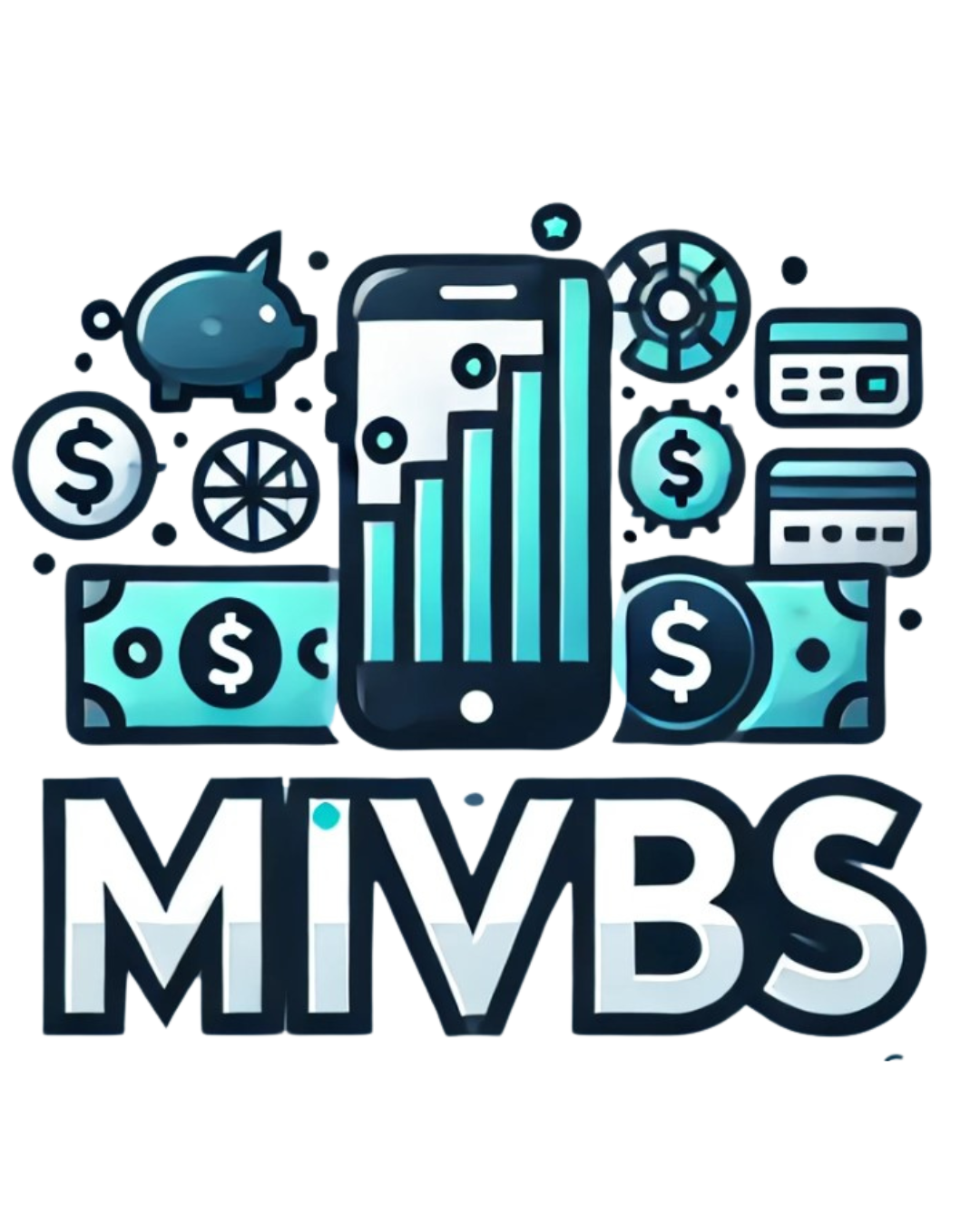Choosing the right credit card can feel like a daunting task, especially with so many options available. However, with a little research and a clear understanding of what you’re looking for, finding the perfect card for your financial situation doesn’t have to be overwhelming. Let’s dive into the key things you need to consider before making your choice.
1. Understand your credit card needs
Before even looking at credit cards, take a moment to think about what you want to use your card for. Are you looking for rewards, lower interest rates, or perhaps better travel benefits? According to Citizens Advice, understanding your financial needs will help you narrow down your options. For example:
- Rewards Cards: If you love earning points, cashback, or travel perks, a rewards card may be your best bet.
- Low-Interest Cards: If you’re planning to carry a balance from month to month, a low-interest card could save you money in the long run.
- Balance Transfer Cards: Looking to pay off an existing balance? Some cards offer 0% interest on balance transfers for a set period, which can help you pay off debt faster.
By defining your main goals with a credit card, you’ll be in a much better position to choose the one that suits your needs.
2. Check the annual fee and other charges
When comparing credit cards, one of the first things to consider is the annual fee. Some cards charge a yearly fee, while others don’t. It’s important to check whether the rewards and benefits you’re getting justify the cost. MoneySmart suggests that if you’re opting for a rewards card, ensure that the rewards you earn will outweigh the fee.
Also, keep an eye out for other charges such as:
- Foreign transaction fees: If you travel often, make sure your card doesn’t charge extra when you make purchases abroad.
- Cash advance fees: Some cards charge a fee if you withdraw cash from an ATM, so be aware of this potential cost.
If you’re not sure about a fee structure, always read the fine print.
3. Interest rates and APRs
Interest rates, or APR (Annual Percentage Rate), are one of the most important things to consider when choosing a credit card. If you plan to pay off your balance in full every month, you won’t have to worry about interest. However, if you tend to carry a balance, it’s crucial to pick a card with a lower APR.
According to Citizens Advice, it’s a good idea to compare APRs across different cards, especially if you think you might not always pay off your balance in full. A lower APR can save you a lot of money on interest charges.
4. Check for Rewards and Perks
If you’re a savvy spender, choosing a credit card that offers rewards can be a game-changer. Depending on your spending habits, some cards can offer fantastic rewards. MoneySmart points out that certain cards provide:
- Cashback: Earn a percentage back on every purchase.
- Travel Rewards: Points that you can redeem for flights, hotel stays, and other travel perks.
- Sign-Up Bonuses: Many cards offer significant bonuses if you meet a spending threshold within the first few months.
However, be cautious. If the rewards aren’t great enough to justify the fees, it might be better to go with a simpler card with no annual charge.
5. Credit limits and credit score
Your credit limit is how much you’re allowed to borrow on your credit card, and your credit score can affect the type of card you’re eligible for. Citizens Advice emphasizes that you should only apply for cards that match your credit profile. If you have a low credit score, applying for a card with high requirements can lead to rejection and a potential drop in your score.
On the other hand, cards with higher credit limits and better rewards are often reserved for those with stronger credit histories.
Conclusion: Find the best fit for your financial goals
Choosing the right credit card doesn’t have to be hard if you take the time to consider your needs, compare fees and interest rates, and ensure that the card fits your lifestyle. By following these guidelines, you’ll be able to select a card that works for you, helping you manage your finances and even earn rewards along the way.
For more detailed advice on choosing the perfect card, check out Citizens Advice and MoneySmart for additional tips and tools.
